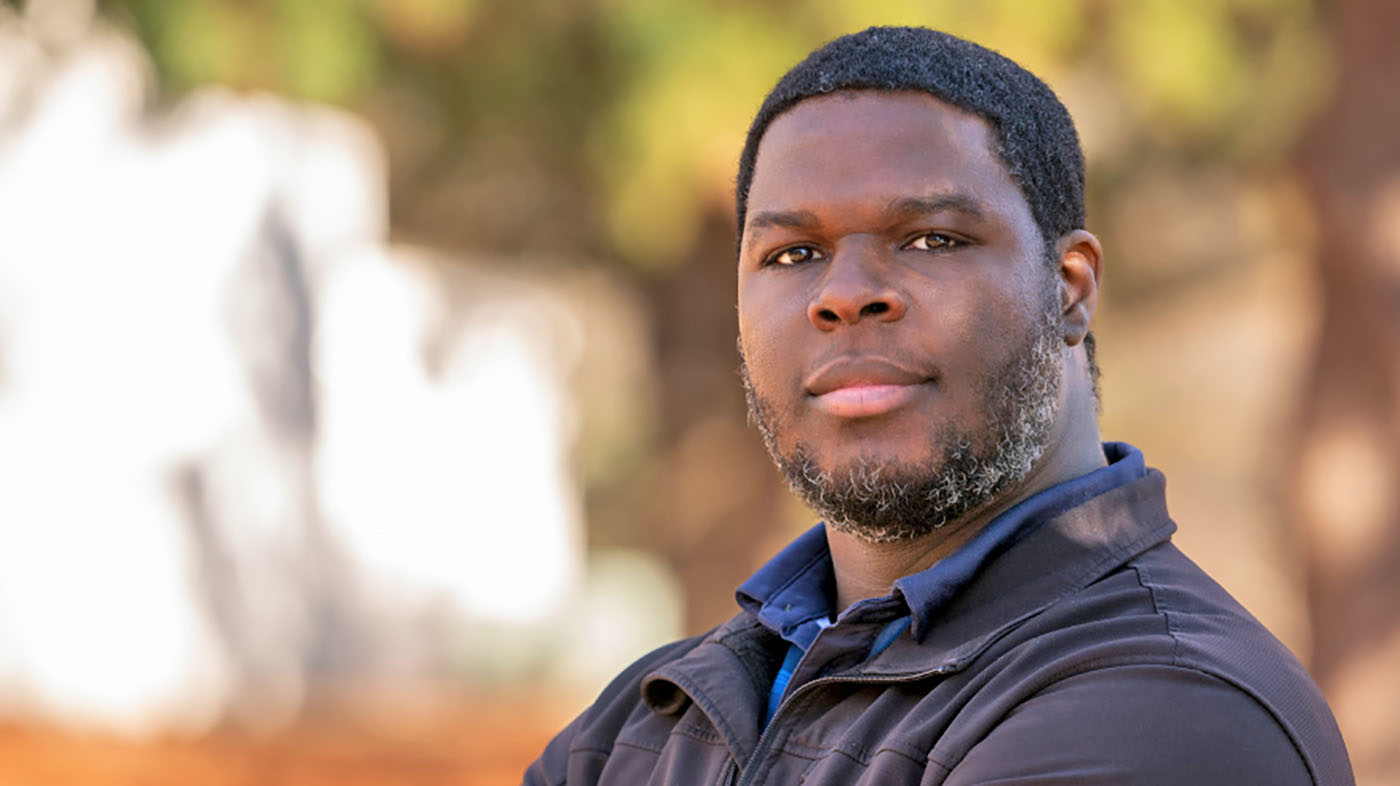Lately, I’ve noticed the sun shining a little longer each day—a welcome sign that spring is here.
Though I’m happy to exchange long, dark nights for brighter, longer days, I also like spring because it promises new life all around us. When tiny flowers poke through the ground and the trees fill with leaves, I’m reminded there’s always hope and that change is constant.
The change I see this time of year makes me think about the friends I served with and Veterans I’ve met through my work at VA. We all went through a transformation to go from the civilian world to the military. Some of us also faced some uncomfortable changes when we went back to our civilian lives.
If you’re facing dark times, like having thoughts of suicide, you might think you’ll never feel better. But with the right support, you can embrace change and find healing and hope.
Veterans Crisis Line provides immediate support
No matter what you’re going through, the Veterans Crisis Line is here for you, offering 24/7 confidential crisis support for Veterans and their families.
To reach the Veterans Crisis Line, Dial 988 then Press 1. You can also chat (VeteransCrisisLine.net/Chat) or text (838255) to reach caring responders trained to help. You don’t have to be enrolled in VA benefits or health care to connect.
Support doesn’t have to end with your conversation. Our responders can help you get the resources you need by connecting you with your local suicide prevention coordinator (SPC) who will contact you no later than the next business day for continued support.
Suicide prevention coordinators your link to VA resources
Each VA medical center across the country has an SPC. They work in your community and are dedicated to finding you the support you need.
SPCs can provide details about VA resources and how to access them, explain treatment options, help you make appointments and communicate with your providers, and help if you have trouble getting care because of transportation, phone or internet access issues. You can find your local SPC by visiting our local resources website and entering your city/state or ZIP code.
Safety plan can help you be prepared for a crisis
During a suicide crisis, it can be hard to think clearly. If you ever experience thoughts of suicide, having a safety plan can help keep you safe by giving those thoughts time to decrease and become more manageable.
It’s important to create your safety plan when you’re not in distress so you can make thoughtful decisions about the six steps involved:
- Warning Signs (that I may be headed toward a crisis)
- Ways I Can Cope (on my own)
- My Distractions (places I can go and people I can call)
- Friends and Family I Can Call (for support)
- Professionals I Can Call (in times of crisis)
- Keeping Myself Safe (by limiting my access to dangerous objects)
We offer an app to help you find the personal coping strategies and sources of support that make up your safety plan. While the safety plan app can be used on its own, creating your plan with a mental health provider is encouraged. A safety plan is not intended to replace professional care.
Every winter has an end
Change isn’t easy and no one knows what tomorrow will bring, but we can prepare ourselves as much as possible by leaning on VA resources when needed, staying flexible and being committed to positive change. We can adapt to life’s changes and overcome them with the right help.
Topics in this story
More Stories
The Medical Foster Home program offers Veterans an alternative to nursing homes.
Watch the Under Secretary for Health and a panel of experts discuss VA Health Connect tele-emergency care.
The 2024 National Veteran Suicide Prevention Annual Report provides the foundation for VA’s suicide prevention programs and initiatives.






